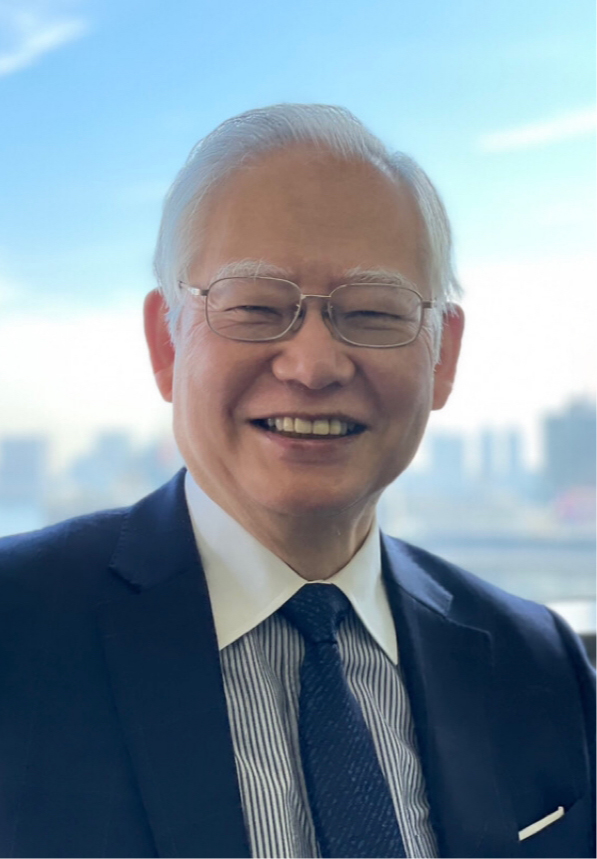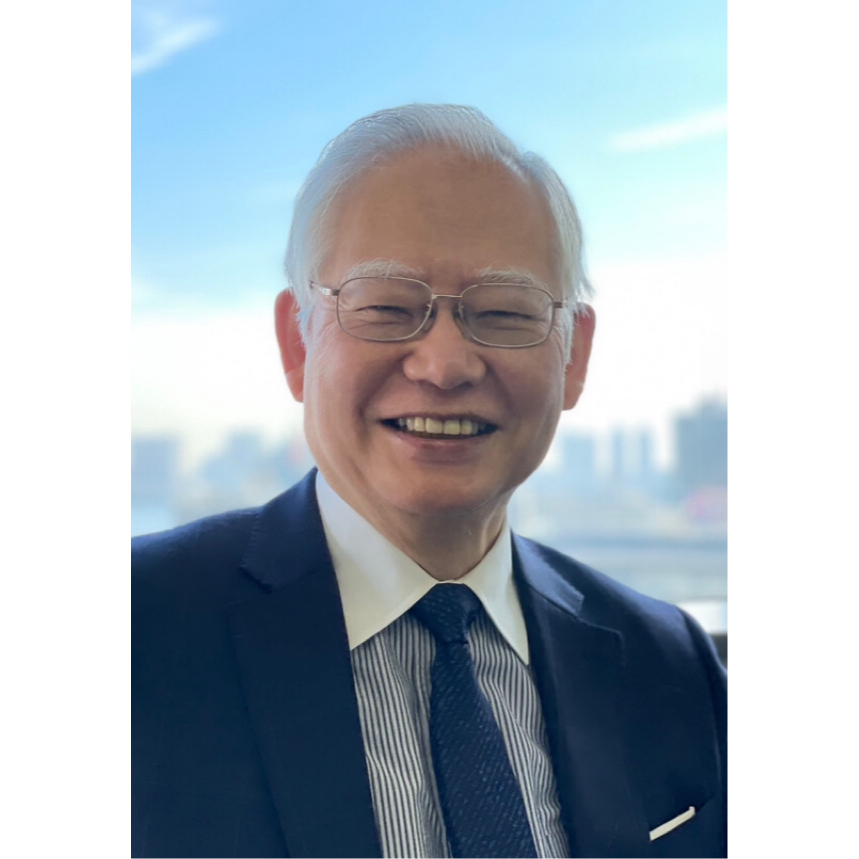

The mission of Nuclear Waste Management of Japan (NUMO) is to implement geological disposal of high-level radioactive waste that is generated from reprocessing of spent nuclear fuel arising from nuclear power plants and long-lived low-level radioactive waste, known as Transuranic (TRU) waste in low permeable stable host rock that lies underground deeper than 300 m that is not easily affected by natural phenomena above ground for a long period of time. The wastes protected by multiple engineered barrier systems, e.g. overpack (metal container) and the surrounding buffer (clay material), which prevent migration of radioactive materials, are disposed of in the host rock.
NUMO places the highest priority on the safety of people and the environment, and our aim is to implement the geological disposal project in harmony with local communities. To achieve this, we start with a literature survey of the area of the municipality that applied for the survey, which aims to check if there are any critical issues that jeopardize the safety of geological disposal based on the published literature on the geological environment of the applied area. The survey is also intended to identify the area for the subsequent preliminary investigation to evaluate its geological environment from the viewpoint of safe implementation of geological disposal. The literature survey is done only by examining existing literature by desk-top study.
In parallel with the execution of the desk-top study, we will make every effort to provide information to the resident of the study area. This includes organizing residents' visits to the relevant nuclear facilities and lectures by experts as requested in the discussion among the resident. Through these efforts, we hope the local stakeholders to have an active discussion on geological disposal and the literature survey. We also hope these activities would help them to have dialogues about the future of the region including the acceptance of siting of a geological disposal facility as an option for the future. It totally depends on the decision of the municipality that accepted the literature survey, however, if the geological disposal is ruled out from the future plan after the survey. They have sole discretion not to accept the subsequent preliminary investigation.
In the preliminary investigation, we will study if the host rock formation is appropriate for locating a deep geological repository extended large enough for accepting more than 40,000 canisters of high-level radioactive waste at deeper than 300 m under the ground of the survey area based on the information obtained by geophysical exploration including borehole investigation. In addition, we will consider if a repository could be built with sufficient confidence in its long-term safety. As the safety of the repository depends on the characteristics of the geological environment as the natural barrier of the multi-barrier system, it is planned to conduct a preliminary investigation in multiple areas in Japan so that we will be able to identify a host rock with which we can explain the safety of the repository with confidence.
NUMO’s technological capability
It is important that NUMO has the technological capability to select a suitable site, to conduct the design, construction, operation and closure of the safe geological repository and evaluate its long-term safety. For this, we have been continuously developed and demonstrated the technologies required for the implementation of geological disposal, collaborating with domestic and overseas R&D organizations in a planned manner.
As a part of these R&D activities, we published “NUMO Safety Case” that summarized the evaluation results of the long-term safety of repository systems we designed for three geological models of representative geological environments in Japan.
We asked the OECD Nuclear Energy Agency (OECD/NEA) to evaluate the maturity of this pre-siting stage safety assessment in comparison with the international practice and give us advice for further development. In response to our request, OECD/NEA launched an International Review Team (IRT) chaired by Mr. Jussi Heinonenn from Finnish Radiation and Nuclear Safety Authority (STUK) to review our Safety Case.
In January 2023, IRT published the review report that compiled the review results. Key messages of the review report include the followings:
- NUMO’s report demonstrates that, in this stage of the project, NUMO is capable of developing a safety case that is consistent with international practice.
- The report includes various points necessary to realize the geological disposal of radioactive waste. Taking into account the geological background of Japan, the IRT considers that elements of the feasibility of the project have been demonstrated.
- Considerable research and various activities will be needed for the next step depending on the characteristics of the candidate sites. NUMO’s report demonstrates that NUMO has the capability to perform such works.
In addition, the IRT made various recommendations for NUMO to prepare for the next stage. We sincerely take the IRT’s review comments and intend to implement the recommendations given in the review report.
The current status of geological disposal and activities to gain public acceptance
NUMO has been carrying out the literature survey in Suttu town and Kamoenai village in Hokkaido prefecture since November 2020. Currently, we are collecting and evaluating the literature on geological environment of these regions as a desk-top study. At the same time, we set up a meeting structure called “Place for Dialogue” with about 20 local residences in each municipality and have been providing information on geological disposal and encouraging the members to exchange opinions on the future of their communities. In this way, we will be working closely with residents of Suttu town and Kamoenai village, valuing the people’s needs and opinions when promoting dialogue in the communities.
The mission of NUMO is to build a repository in the site for which we can ensure long-term safety most certainly after comparing different geological environments. To complete this mission, we are hoping to have as many communities as possible that accept the literature survey nationwide. Therefore, NUMO should strengthen its dialogue and public relations activities on geological disposal in a broad range of venues in Japan, seeking to find more areas interested in accepting the literature survey. In addition, NUMO should continue to support activities of citizens’ groups that are willing to learn more about geological disposal. Being encouraged by the fact that a significant number of youths across Japan have shown their interest in this issue as a subject of science and social studies, we will enhance our activities to provide the next generation with more opportunities to learn and exchange opinions on the geological disposal technologies, our project and the work being done in two municipalities in Hokkaido.
Geological disposal of high-level radioactive waste is an issue that must be resolved by the current generation that has benefitted from nuclear power generation. Receiving the international review results and looking at the development of the literature survey, I find that the Japanese geological disposal project is steadily moving forward. However, to make the project materialize, it is critical to start the literature survey in more municipalities as mentioned above.
This is the reason why the Japanese government has recently revised “the basic policy on final disposal of designated radioactive waste” based on the discussion about a way to strengthen the activity to realize the final disposal in the conference of cabinet ministers concerned.
Based on this revised basic policy we, NUMO, are determined to enhance our efforts to add areas for the literature survey. We would visit as many municipalities as possible in cooperation with the government and local electric utility companies in order to draw more interest. In the acceptance of literature survey in their activity to deliberate the future of their area.
Last but not least, we would like to express our great appreciation to Suttu town and Kamoenai village in Hokkaido for taking initiative in accepting the literature survey for the sake of the whole society. We also would like to ask sincerely for acceptance of the literature survey in more municipalities. We appreciate your kind understanding and cooperation.
February 2023

Dr. Kondo Shunsuke
President of NUMO



